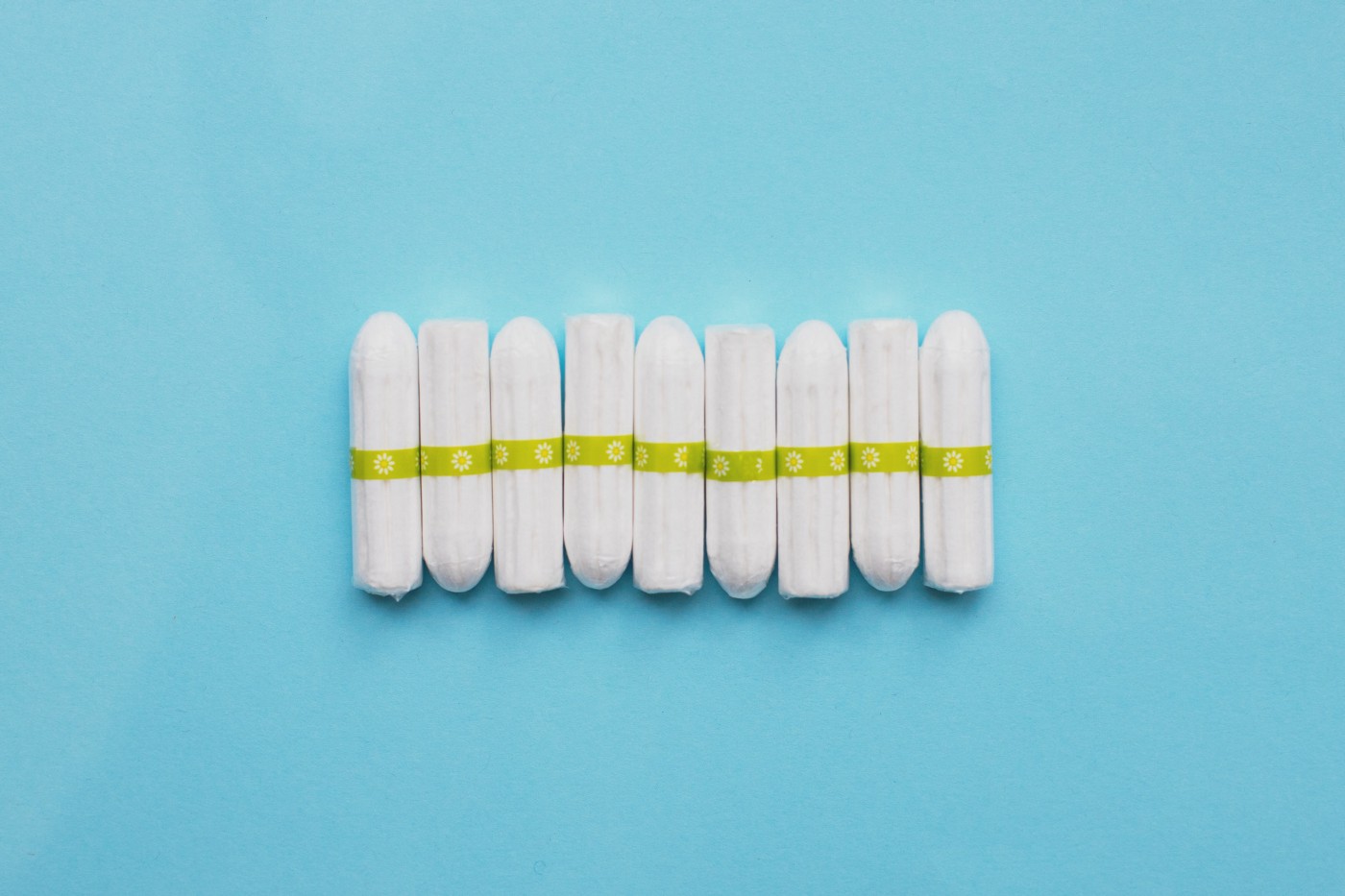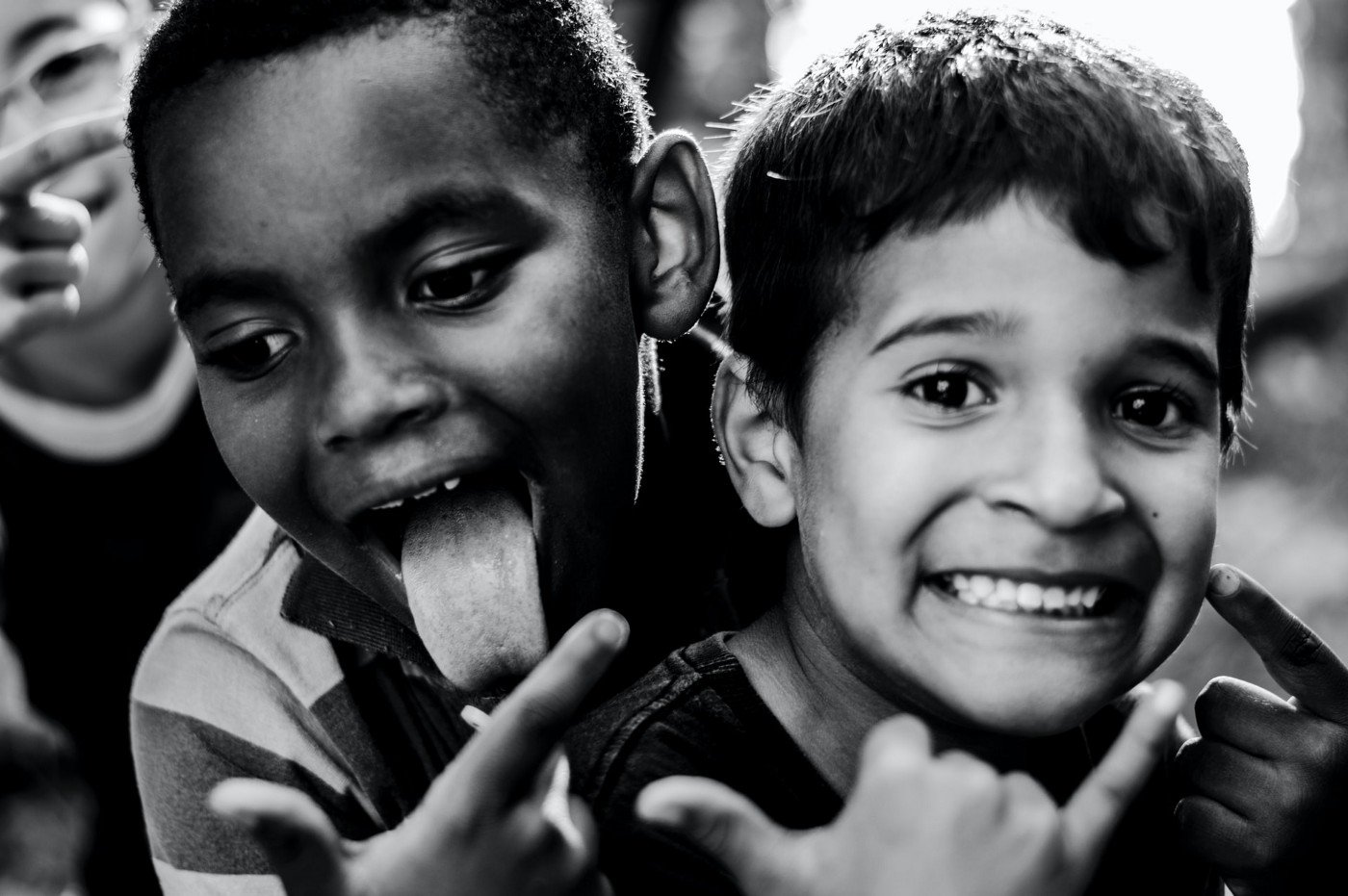What should I tell my son about periods?

One of the biggest changes that female kids experience during puberty is the start of menstruation. Periods can get complex: learning about what’s going on inside your body, navigating period care products, and figuring out how you can take care of yourself while you’re on your period is a lot to tackle. Talking about periods, on the other hand, shouldn’t be complicated. Learning about menstruation is an important part of learning about growing up, and it shouldn’t be shrouded in shame or misconceptions (like, for example, that you can’t get pregnant on your period).
We shouldn’t just be teaching girls about periods, though, despite the fact that this seems to happen quite often. A 2018 study by YouGov and Bodyform reported that 72% of boys have never been taught about the menstrual cycle.
So how can we make sure that all kids learn about periods? How early should we start talking? And how can we get started in the first place?
Teaching your child about periods doesn’t have to be an uncomfortable, sit-down talk. These conversations can develop naturally, and they should start pretty early on in your kid’s life. For example, if your young child notices a box of pads at the pharmacy or finds a stray tampon at home and starts asking questions, you might want to begin introducing them to some basic information. You don’t have to give a full-blown anatomy lesson; you can keep things simple enough for them to understand. Try saying something like: “Women bleed a little bit from their vaginas every month. It’s not because they hurt themselves, it’s just something that happens naturally. It’s called having a period!”
If periods don’t seem to catch your child’s curiosity, you should still bring them up eventually on your own. Most kids will be able to wrap their heads around the concept of menstruation by the time they’re 6 or 7 years old. You can actively start teaching them about periods naturally, too, by relying on everyday moments to spark conversation. For example, if you see a commercial for period care products, that’s a great opportunity to get started. Overall, learning about periods should be a key part of your larger conversations about puberty and growing up. As you start talking more at length with your kids about the changes that take place in their bodies as they grow, you can start introducing more and more information about them.
Talking about periods as a part of growing up is important for all children, regardless of their sex or gender. Roughly half of the world’s population experiences periods, so we should make sure that all kids understand what happens during menstruation. Teaching kids who will experience menstruation about periods may be a no-brainer, but even kids who won’t ever have a period need the same education. This will encourage them to have better empathy and understanding, and make them more knowledgeable about the world around them.
It’s a good idea not only to teach all kids about periods but to teach them about both male and female puberty in general, too. For starters, it’s great to have a better understanding of the processes everyone’s bodies might go through, but it also benefits children with different biological sex or gender identities, like transgender or intersex kids.
Despite half of the world experiencing periods, they can still be seen as embarrassing or shameful to talk about or experience in the first place. By educating all kids about periods, we can push back against that stigma. Periods are a natural part of life, and everyone should receive open, accurate education about them as they learn and grow.
For more information about puberty & periods, including how to talk to your kids about them, check out maro parents.
Additional Sources:
“We Need To Talk To All Genders About Periods — Not Just Girls” by Amber Leventry for Scary Mommy. https://www.scarymommy.com/menstruation-affects-all-genders/
.jpg)
